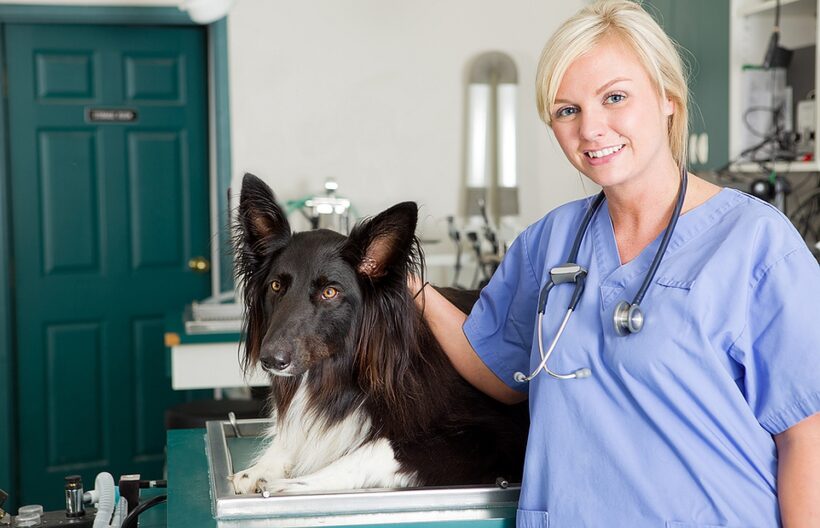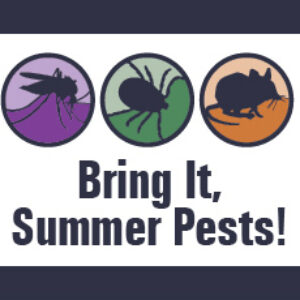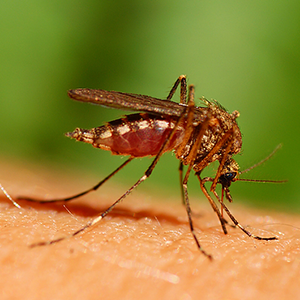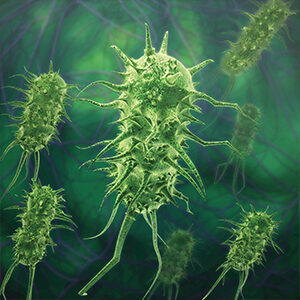Contact Us
Summary Overview
Animals provide many benefits to people. However, some animals can carry diseases that can be shared with people. Zoonotic diseases or zoonoses are diseases caused by germs (pathogens) that can be spread between animals and humans. These germs have been responsible for illnesses and outbreaks.
Basics
Zoonotic diseases can cause many different illnesses in people. Gastrointestinal (enteric) zoonoses are one type of illness that can upset the digestive system (stomach and intestines) and can make people sick.
Always wash hands when:
- After touching animals or their living area.
- After leaving the animal area.
- After taking off dirty clothes or shoes.
- After going to the bathroom.
- Before preparing foods, eating or drinking.
Steps for hand washing:
- Wet your hands with clean, running water, turn off the tap and apply soap. Lather your hands by rubbing them together with soap. Be sure to lather the backs of your hands, between your finds and under your nails.
- Scrub your hands for at least 20 seconds.
- Rinse your hands well under clean, running water.
- Dry your hands using a clean towel or air dry.
If you don’t have clean running water or soap:
- Use an alcohol-based hand sanitizer that contains at least 60% alcohol.
- Alcohol-based sanitizers can quickly reduce the number of germs but cannot eliminate all types of germs.
Put Your Hands Together
Spokane or Washington Specific Data
Recommendations
Protect yourself and family from germs:
- Wash your hands thoroughly with soap and water right after handling your pets or anything in the area where they live and roam.
- Adults should supervise hand washing for young children
- In order to prevent contamination, keep small pets out of kitchens and other areas where food and drinks are prepared, served, stored or consumed.
- Any habitats, toys, feed or water containers should be cleaned outside the house. To prevent cross-contamination with Salmonella germs, avoid cleaning these items in the kitchen sink or in bathrooms.
Related Facts

About 1.8 million children under the age of 5 die each year from diarrheal diseases and pneumonia, the top two killers of young children around the world. (CDC Statistic about Hand washing)

Bring It, Summer Pests!
Confront disease-carrying mosquitoes, ticks and mice during spring and summer months. Simple landscaping tricks and tips to protect home’s exterior.

Animals & Insects Program
Preventing the spread of disease from animals to humans is a public health responsibility.

Communicable Disease Investigation & Prevention (CDIP)
Epidemiologists monitor, track, and respond to infectious disease in the community to prevent spread of illness.
